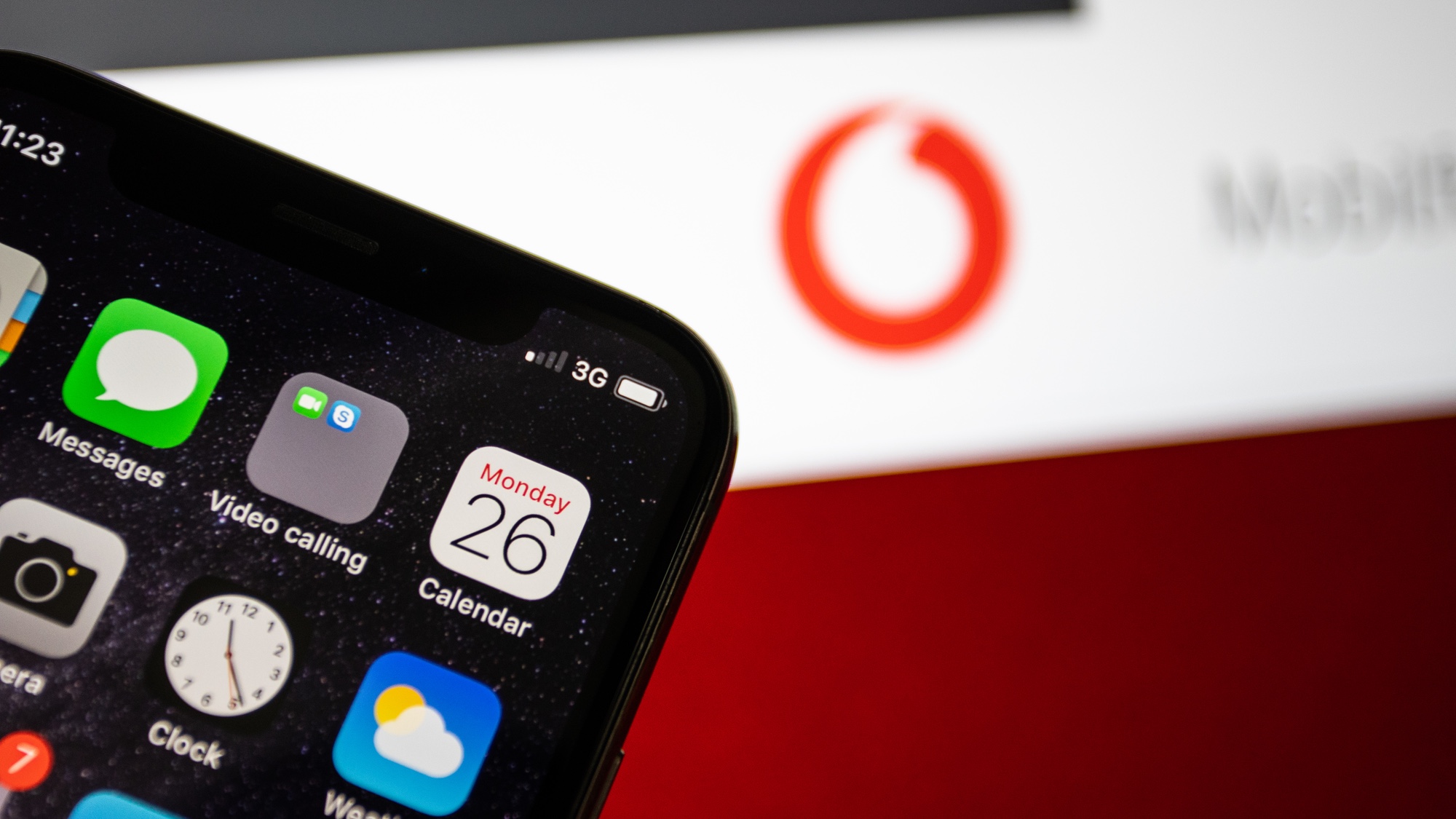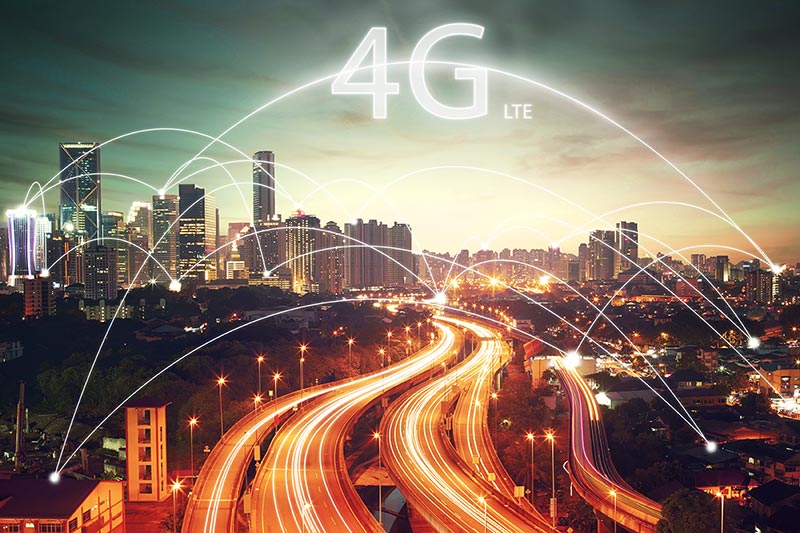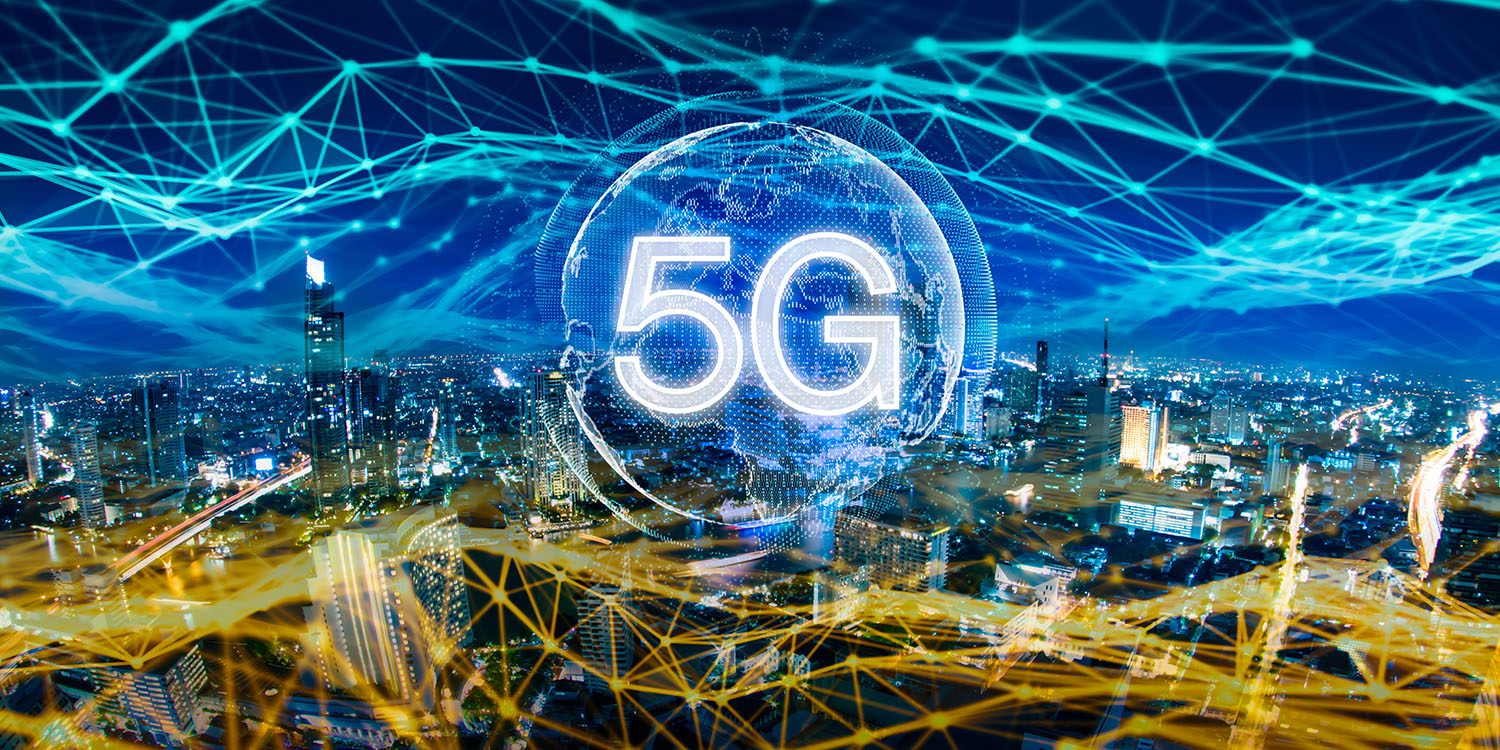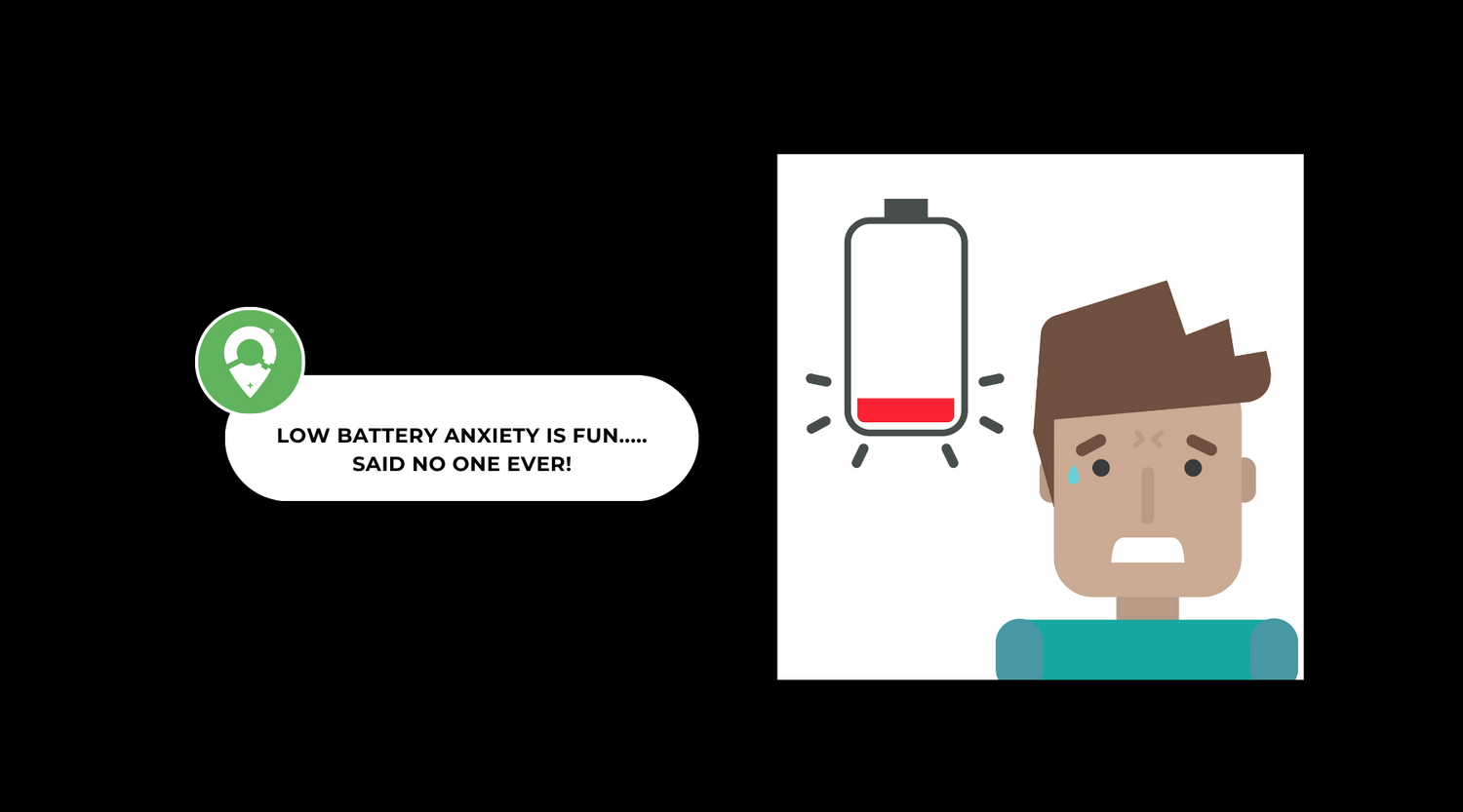We’ve heard these terms a lot when it comes to mobile device capabilities and data - but what do they actually mean? And what is the difference between them? As the experts in fast, wireless charging for your mobile devices…we’re here to give you the low-down on all things ‘G’.

What does the ‘G’ stand for?
The ‘G’ actually stands for ‘generation’, simply meaning the 3rd, 4th and 5th generation of cell phone technology. The later the numbers, the more advanced the phone technology is. You may have heard ‘5G’ mentioned a lot recently as it is the latest generation of cellular technology to hit the market, with many operators rolling out 5G technology across the UK. But before we look at what 5G has in store for our devices, let's take a look at where it all began and what technology we’re currently using so you can really understand the difference.
Which was the OG?
1G was the first-ever generation of cellular mobile technology and came about in the early 1980’s. This technology allowed users to make voice calls using an analogue service and for the tech-wizards among us; it meant that the device could operate at 2.4kbps. For the non-technical among us…that's pretty slow (There are 8,000 kbs in 1 x mb - so to go from 2.4kbs to 400mb is a HUGE difference in speed).

Then came 2G…
In the early 90s 1G technology was launched, the 1990’s saw that tech advance to 2G. Any real differences between the two? Quite a lot actually! 2G allowed users to send SMS and MMS text messages for the first time so we went from voice-calls only to being able to send characterised messages to each other from our mobiles. For the techies again the top speed on 2G was around 50kbps - a huge improvement on 1G but still miles behind the tech we use today.

3G arrives…
2003 was the year we saw 3G technology arrive.
3G was a game-changer; you could video call a friend and you were able to surf the internet on your mobile device with much faster speeds than before. 3G is considered quite a slow network by today's comparison but back in the early 2000’s this was the fastest speed to date.
Top speeds on 3G were 2mbps - the first time mobile data went from kb to mb, so a huge leap for back then but still miles away from where we are today.
(Remember, 1000 kbs = 1 x mb!)

At last we have 4G
We became victims of our insatiable appetite for instant connectivity and we needed faster mobile speeds, we also needed the mobile device manufacturers to work with the networks to finally deliver. Hello to 4G! Launched in the late noughties we finally had top speeds of 400mbps (thats the equivalent of 400000kb! ) allowing us to watch high def videos, use apps in real time, host video calls and so much more. The speed was comparable if not better than our fixed lines and no longer were we reliant on being near a wi-fi connection, allowing us true freedom to work and play.

And what about 5G?
5G is the latest generation of cellular technology and it is exciting. Currently, we measure speed in MBs (megabytes), 5G will be measured in GBs (gigabytes) which is a HUGE increase in capacity meaning that our devices will run faster with less buffering and we will be able to upload/download at speeds we have never seen before. Top speeds on 5G could be as high as 20gbs PER SECOND! (to give you a comparison, 1gb is equivalent to 1,000mb!)
As more and more people have mobile devices, the demand on the cellular network is greater meaning that we need a faster and more powerful cellular technology to support the growing demand. This is where 5G steps in. 5G has already been rolled out by some providers and will be an everyday part of our lives between 2021-2023.

So to take a look at all of our speeds, we’ve made a comparison chart so you can really see the difference a few decades has made
- 5G is up to 100x faster than 4G
- 4G is up to 5x faster than 3G
- 3G is up to 30x faster than 2G
|
Generation |
KB |
MB |
GB |
|
1G |
2.4 |
0.00234 |
0 |
|
2G |
50 |
0.04883 |
0.00005 |
|
3G |
2048 |
2 |
0.00195 |
|
4G |
409600 |
400 |
0.39063 |
|
5G |
10485760 |
10240 |
10 |
So there you have it! It all started with audio calls on 1G, before we got texts with 2G, mobile internet with 3G, video calling and high-quality streaming with 4G and now the limitless and superfast surfing we will experience with 5G cellular tech.
If this is what we’re doing now, imagine what the future generations of cellular technology will feel like!





